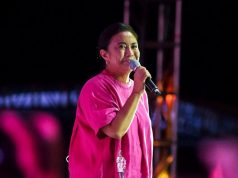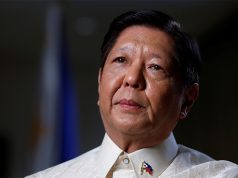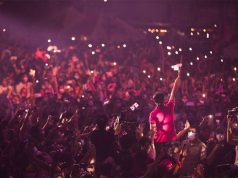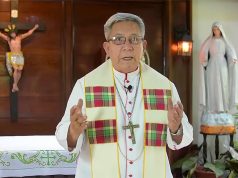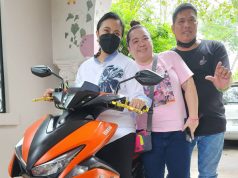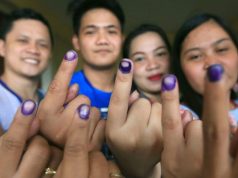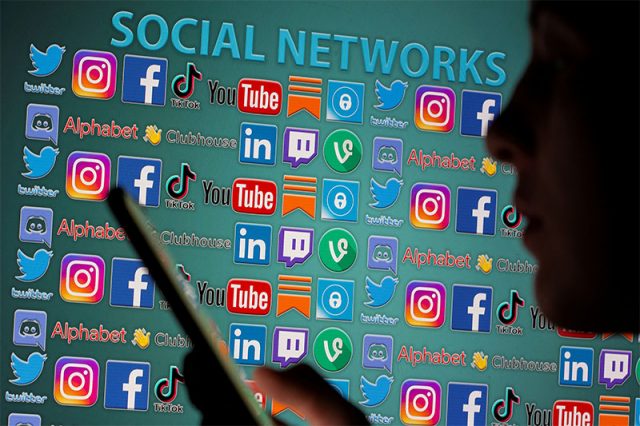
MANILA — Campaigning for the Philippines’ general election gets underway officially on Tuesday, with COVID-19 curtailing the traditional fanfare and big rallies and turning the focus to social media as the key battleground for the May 9 contest.
As with the 2016 polls that catapulted Rodrigo Duterte to the presidency, social media will be crucial in the three-month election buildup, while platforms will be under pressure to combat the rampant misinformation that has intensified in the Philippines in recent years, driving hate campaigns and deepening social divisions.
The pandemic has upended campaigning for thousands of positions, from the president down to city council posts, with candidates shifting activities online to reach a population that ranks as one of the world’s biggest social media consumers.
Marie Fatima Gaw, communications research professor at the University of the Philippines, said social media was crucial democratic space but had become “hyper partisan”, with hidden political content everywhere and insufficient blocking of inauthentic material.
“The significance of social media now has been exponential,” she added.
It has been a vital tool in particular for Ferdinand Marcos Jr, the son and namesake of the former dictator of the 1970s and 1980s, whose harsh rule defined the Philippines’ recent history.
Marcos is clear favorite for the presidency and is drawing support from a massive social media campaign, one that critics say is attempting to rewrite the family’s controversial history.
Limits on mass rallies
The limits on big rallies come with the Philippines lagging behind with its COVID-19 vaccinations outside of urban centers, with half of the 110 million population inoculated so far, and campaigning underway just weeks after a run of record daily infections.
Roughly 67.5 million Filipinos are eligible to vote, including 1.7 million overseas, in an election for a president, vice president, about 300 lawmakers and roughly 18,000 local government positions.
Apart from Marcos, others vying for the presidency include boxing superstar Manny Pacquiao, Vice President Leni Robredo, Manila mayor Francisco Domagoso and senator Panfilo Lacson.
Duterte is not allowed to seek a second term but his popular daughter, Davao mayor Sara Duterte-Carpio, could see some of his support shifted to Marcos, with whom she will run alongside in her bid for the vice presidency.
The election to choose who runs the country for the next six years will be closely watched by investors too, with a huge task ahead in rebuilding an economy that went from being one of Asia’s fastest-growing to recording one of its steepest contractions at 9.6% in 2020.
“What investors really want is we have a clean and honest election where people will actually accept the outcome, that there is no cheating, it is the will of the people,” said April Lee Tan, head of research of stockbroker COL Financial.
—Reporting by Neil Jerome Morales and Karen Lema; Editing by Martin Petty
RELATED: What’s allowed and not: Comelec spox reminds voters, candidates of poll campaign rules




